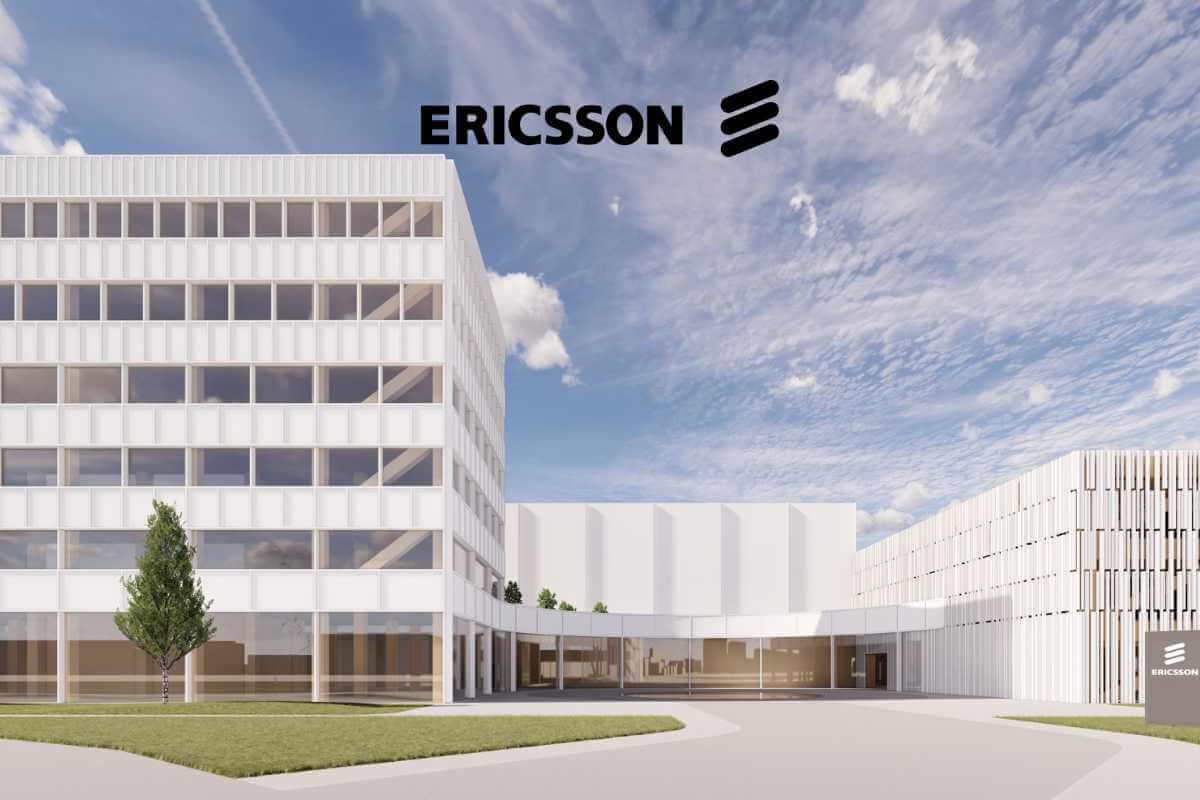
Ericsson has unveiled plans to construct a smart manufacturing and technology hub in Tallinn, Estonia, to spearhead innovation in Europe. The greenfield investment, valued at approximately EUR 155 million (USD 169 million), underscores Ericsson's focus on sustainability and operational efficiency.
Also Read: Telia Completes 99 Percent 5G Network Coverage in Lithuania With Ericsson
Consolidating Operations in Estonia
According to Ericsson, the ambitious project aims to consolidate all of Ericsson's operations in Estonia into a state-of-the-art facility spanning 50,000 square meters. The smart hub comprises test labs, warehouses, production lines, and offices, serving as a collaborative platform for co-developing cellular ecosystems and production techniques with European customers and partners while also having a global impact on industrialization for volume production.
Linking R&D and Manufacturing
By establishing this European hub, Ericsson seeks to link its established Research and Development (R&D) activities in Sweden and manufacturing, enabling the seamless flow of product innovation from conception to production and vice versa.
Ericsson, through its Estonian affiliate, is taking the first step towards its ambitious goal by acquiring a property for a smart hub. A statement confirms that a definitive agreement will be signed, and the transaction should be completed by the fourth quarter of 2024, pending agreed-upon conditions.
The fully connected hub, located in Ulemiste City - Tallinn's largest business park and future-oriented urban area in the Baltics - is set to become operational by early 2026. Ericsson has committed to achieving LEED Gold certification for the hub during the same year.
Also Read: Telia Estonia Partners With Sunly to Operate 100 Solar Powered Mobile Sites
Ericsson says, "Our entire production landscape globally is being digitalized and, as we have done in the US, this will strengthen the link between our R&D and new product introduction to ensure every product we manufacture not only benefits our customers but are also produced with as low environmental impact as possible."
Sustainability
Ericsson's new European hub is expected to cut carbon emissions by up to 70 percent compared to all four existing facilities in Tallinn. The company is committed to achieving its 2030 Net Zero emissions target through sustainable and energy-efficient design choices. This includes using low embodied carbon wooden glulam beams for structural strength and minimal environmental impact, as well as installing a solar farm on the roof of the hub.
Ericsson says it is actively supporting communications service providers (CSPs) in their journey towards Net Zero emissions by offering the most energy-efficient portfolio in the market. By upgrading existing 4G sites to 5G, CSPs can increase network capacity by over 10 times while reducing energy consumption by more than 30 percent.
Also Read: Elisa Powers Mobile Towers in Estonia With Solar Energy
New Estonia Smart Hub
The smart hub will rely on renewable electricity for its power needs and will be built with optimal efficiency, employing AI, machine learning, robotics, and advanced Industry 4.0 technologies. Additionally, Ericsson aims to foster collaboration, innovation, employee well-being, diversity, and inclusion to attract local and European talent.
With over 2,200 employees in Estonia, including experts in AI and machine learning, Ericsson says its existing factory plays a strategic role in the company's global supply footprint, accounting for more than 40 percent of the industrialization of Ericsson's 5G products.















